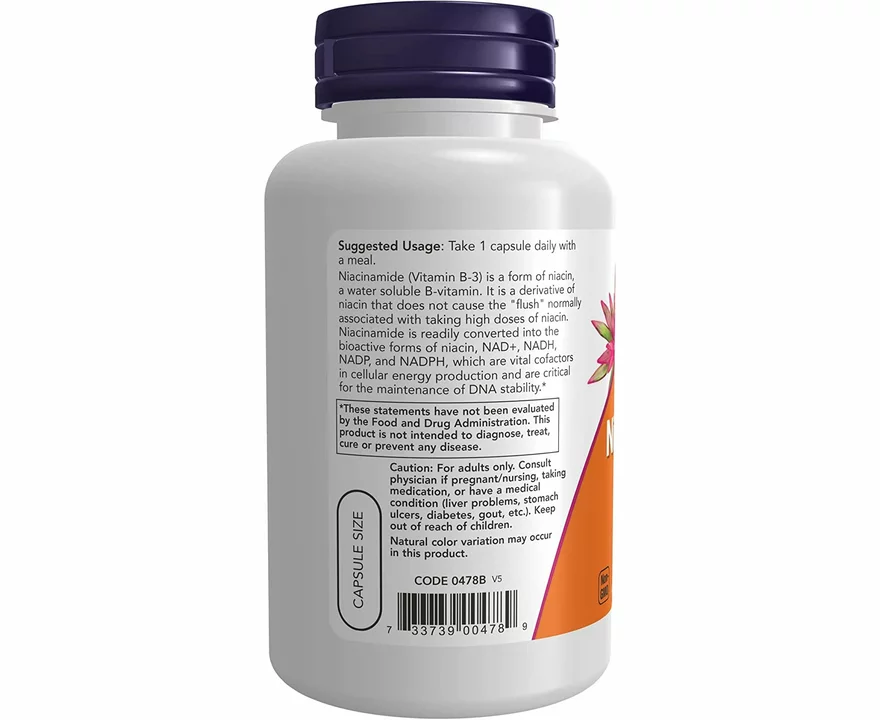Acetyl L Carnitine – What It Is and Why It Matters for IVF
If you’re chasing a pregnancy, chances are you’ve heard about vitamins, minerals, and all kinds of supplements. One that pops up often is acetyl‑L‑carnitine (ALC). It’s not a mystery drug; it’s a naturally occurring compound that helps cells turn fat into energy. That extra boost can be useful for both men and women trying to improve their chances with IVF.
In simple terms, ALC works like a tiny battery for your cells. By delivering more energy to sperm and eggs, it may help them move better and develop stronger. Many fertility clinics recommend it as part of a broader supplement plan because the science behind it is pretty solid, especially when it comes to male factor infertility.
How Acetyl‑L‑Carnitine Helps Fertility
For men, ALC is known for improving sperm motility – that’s how well sperm swim toward an egg. Studies show men who take 1–3 grams daily often see faster, more vigorous sperm after a few months. The supplement also protects sperm DNA from oxidative stress, which can make the genetic material healthier.
Women benefit too. ALC crosses into the ovaries and supports the mitochondria (the cell’s power plants) in developing eggs. Better‑powered eggs tend to have higher quality, which can translate into better embryo development after fertilization. Some IVF labs even add ALC to the culture media because it helps embryos grow more consistently.
Beyond direct effects on gametes, ALC may ease some side effects of other fertility drugs. It’s an antioxidant, so it can reduce inflammation and oxidative damage that sometimes accompany hormone treatments. This makes the whole IVF cycle a little smoother for many patients.
Dosage, Safety & Buying Tips
The most common dose for fertility is 500 mg to 1 g taken twice daily with meals. Start low if you’re new to it and watch how your body reacts – some people feel a mild boost in energy or notice a change in digestion.
ALC is generally safe, but it’s not a free‑for‑all. If you have thyroid issues, seizure disorders, or are on blood thinners, talk to your doctor first. Pregnant women should only use it under medical guidance.
When buying, look for reputable online pharmacies that require a prescription or at least a health professional’s recommendation. Check the label for “acetyl‑L‑carnitine” (not just L‑carnitine) and verify the dosage per capsule. Cheap bulk options can be tempting, but purity matters – you don’t want fillers or unknown additives.
Pair ALC with a balanced diet rich in protein, healthy fats, and antioxidants for best results. Many patients also add co‑enzyme Q10 or vitamin D to their regimen, but keep the total supplement load reasonable so you can track what works.
Bottom line: acetyl‑L‑carnitine is a low‑risk, potentially high‑reward addition to an IVF plan. It helps sperm swim faster, supports egg energy levels, and may smooth out some drug side effects. Talk to your fertility specialist about adding it to your protocol, follow the suggested dosage, and choose a trusted source. With the right approach, ALC could be the extra push your body needs on the road to parenthood.

The Impact of Acetyl-L-Carnitine on Gut Health and Digestion
As a blogger, I've recently discovered the incredible impact Acetyl-L-Carnitine has on gut health and digestion. This powerful amino acid plays a crucial role in breaking down fatty acids, which in turn, helps improve overall gut function. I've learned that incorporating Acetyl-L-Carnitine into my diet has not only improved my digestion but also enhanced my overall gut health. It's fascinating to see how this amino acid can make such a significant difference in our well-being. I highly recommend looking into Acetyl-L-Carnitine for anyone experiencing gut-related issues.